
Vietnam's Great Untapped Rare Earth Bounty
Yet while the US and its allies seek a supply chain hedge to China's domination of the critical minerals, Vietnam is struggling mightily to get them out of the ground and onto global markets.
According to the International energy Agency , China accounts for 70% of global rare earths mined and 90% of global rare earth processing capacity, giving it de facto monopoly control of the critical minerals used in everything from smartphones to electric vehicles to military hardware.
Vietnam's estimated 22 million tons of rare earths account for around 19% of the world's known reserves and is surpassed only by China's estimated 44 million tons.
Yet Vietnam is still a minuscule producer, with just 600 tons produced in 2023, down some 50% from 2022 levels. China, by comparison, produced 240,000 tons last year while even war-torn and highly underdeveloped Myanmar produced 38,000 tons.
Vietnam's plans to accelerate rare earth mining were hobbled last October with the arrests of top industry executives on corruption charges. Among those charged was the chairman of Vietnam Rare Earth JSC, a partner to Australian mining companies Blackstone Minerals and Australian Strategic Materials.
The arrests stalled government plans to auction new rare earth mining concessions and cast a cloud of uncertainty over the industry that has given foreign investors pause.
Despite the trepidation, Vietnam is sticking to its rare earth masterplan which envisions extracting and processing 2 million tons per year by 2030.
But many now wonder whether Vietnam's Communist Party leadership will give priority to its anti-corruption campaign over building a rare earth industry that could fuel a semiconductor industry and the party's envisioned knowledge-based economy.
Ian Lange, an associate professor at the Colorado School of Mines who specializes in resource economics, believes Vietnam has the“bare requirement” of plentiful rare earth reserves to challenge China's current domination of the market.
“Rare earths aren't necessarily rare – deposits are everywhere...The rare part is the processing and separation technology,” Lange said.“Essentially every processing and separation facility is in China.”
The US now sources about 74% of its downstream rare earth products from China.
But China's virtual monopoly on rare earth refining is becoming more sensitive as the US imposes rafts of sanctions and bans on Chinese technology companies aimed at stunting their development and expansion.
China has previously used its control over rare earths to punitive effect. In 2010, China imposed a ban on rare earth exports to Japan following a maritime dispute.
More recently, in August last year, China restricted exports of germanium and gallium , both critical components of various modern technology products and of which China has a stranglehold on global supplies.
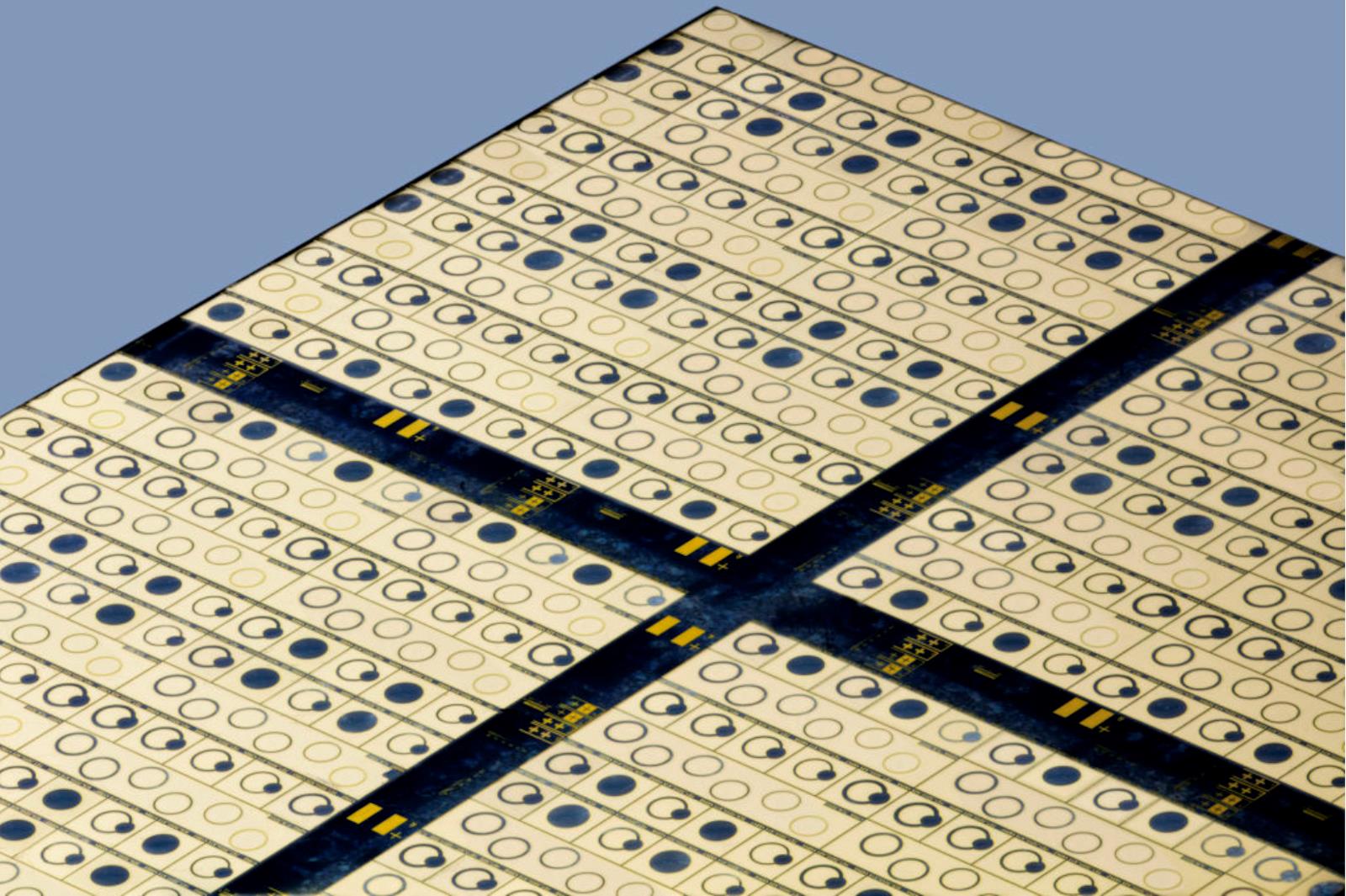
A gallium oxide chip wafer. Image: Facebook
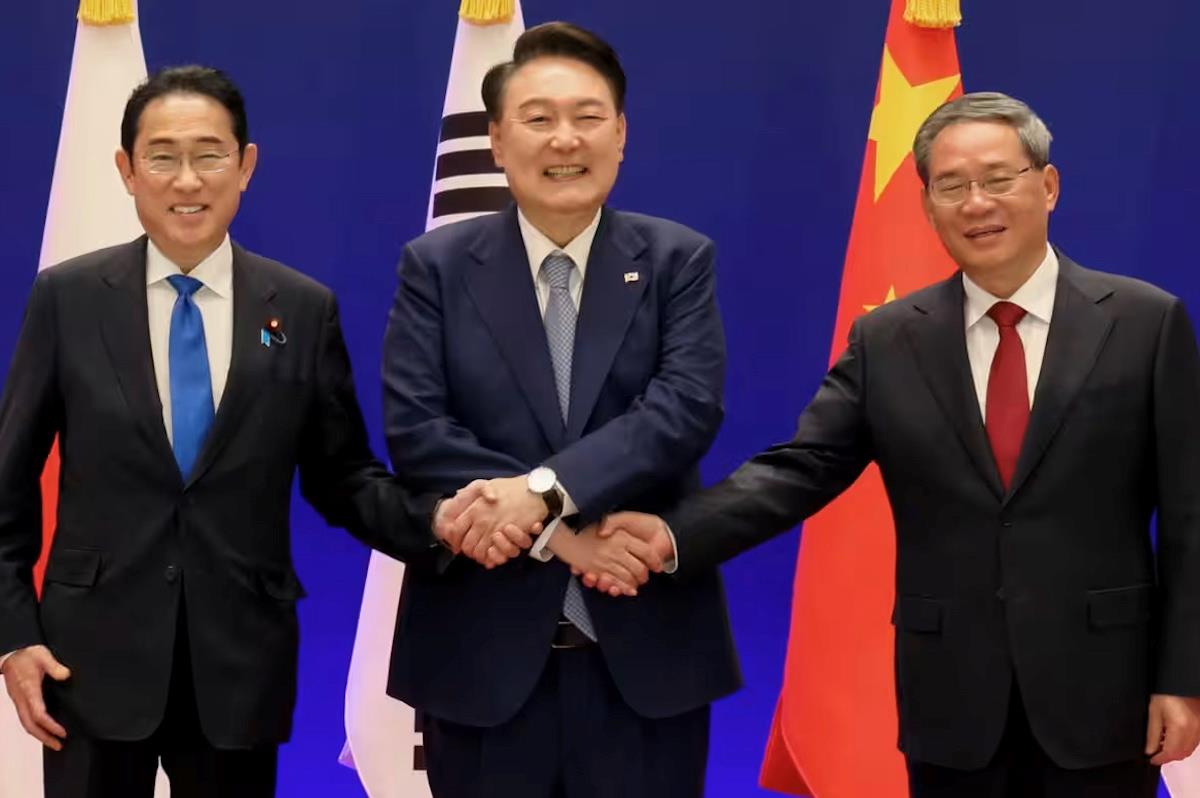
Why Japan and South Korea are rediscovering China

India should think long and hard about joining AUKUS
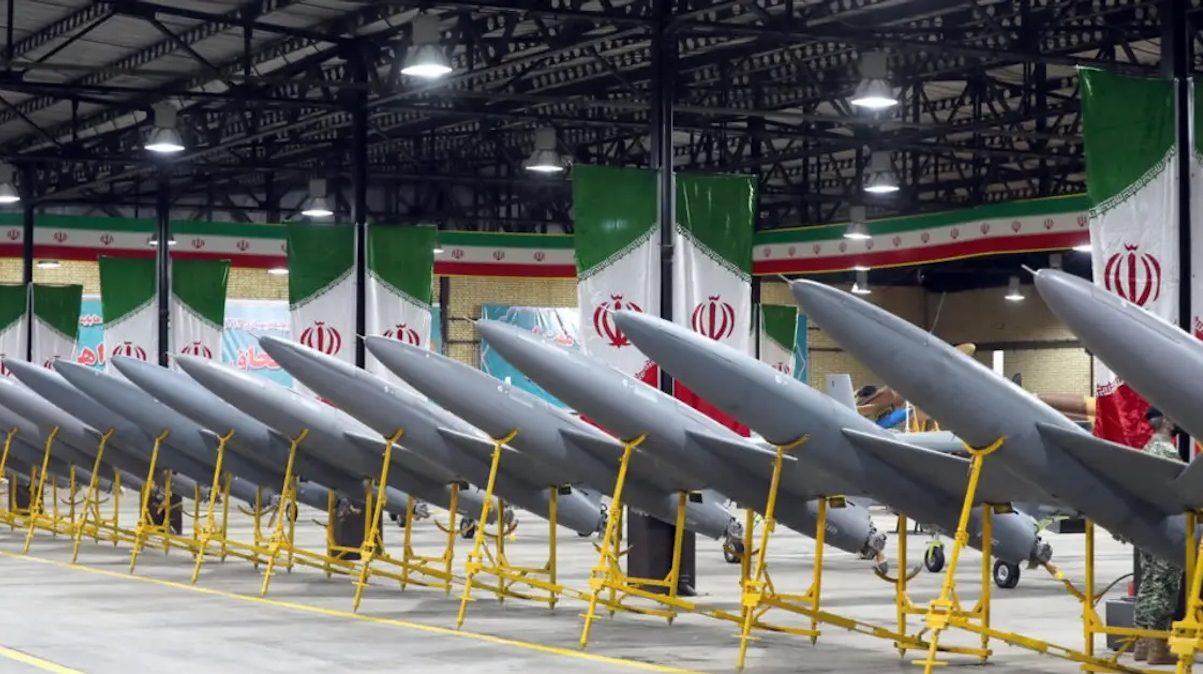
What Iran can gain and lose from Sudan intervention
Vietnam's immense quantities of gallium, embedded in its estimated 5.4 billion tons of bauxite ore deposits and with higher concentration levels than China's reserves, would on the surface appear to have the potential to break Beijing's hold.
But, Vinacomin, a Vietnamese industrial conglomerate dealing mainly in coal and mineral mining, admitted in a Channel News Asia program that most rare earth facilities in the country lack the technology to extract gallium from bauxite.
Although Vietnam has been researching rare earths since the 1970s, the sector and its educational pipelines remain largely focused on theoretical and laboratory work and deemphasize practical experience, Mining Vietnam, an industry trade fair, noted .
Whether foreign investors can bridge the knowledge gap and break industry bottlenecks is yet to be seen. But there is clearly top-level US interest in helping Vietnam develop its rare earth industry as a decoupling hedge to its current overdependence on China.
During President Joe Biden's trip to Hanoi in 2023, the two sides signed a Memorandum of Understanding
to“strengthen technical cooperation to support Vietnam's efforts to quantify its REE (rare earth element) resources and economic potential” and“attract quality investment for integrated REE sector development.”
But it's not clear to academic Lange and others that the US possesses the“quality” rare earth refining capabilities for export to Vietnam and that can keep a competitive pace with China's economies of scale.
“We all have the textbook. It's not like there is some science that is only known by the Chinese. It's just that no one in the Western world has really been doing this (processing rare earths), whereas China has been doing it for a long time,” Lange said.
Currently, only eight companies in the US are capable of manufacturing intermediate rare earth products, S&P Global reported .
That comparative lack of capacity – and possibly know-how – means scaling up Vietnam's industry with US investment would take considerable time.
To upgrade Vietnam into a rare earth depot that is not reliant on China for downstream separation and processing will require further development of the US's own pilot separation facilities before such a partnership can be fully realized, Lange contended.
Although the US lead s a joint coalition with South Korea on rare earth extractive research in Vietnam, there has yet to be any direct investment in the sector from any US firms.
The trade office at the US embassy in Hanoi did not respond to a request for comment regarding the degree of involvement of US firms in developing Vietnam's rare earth industry.
The few rare earths refining foreign firms, including from Australia, Japan and South Korea, that have sought to produce in Vietnam, some of which were in talks with global EV makers to secure set-price contracts, abandoned their projects after China ramped up supplies, causing prices to plummet.
Vietnam's downstream processing capabilities are thus still miniscule.
“There is only one domestic processor that I know of, Vietnam Rare Earth JSC (VTRE),” said Zachary Abuza, an associate professor of politics and international relations at Simmons College who specializes in Southeast Asian politics and security.“But, that firm has limited endogenous technology, high costs and is mired in an ongoing corruption scandal.”
VTRE can currently only process 5,000 tonnes of rare earth oxides (REO) a year. The company had plans to treble that output, VTRE chairman, Luu Anh Tuan, claimed last year – though those plans are now uncertain amid the corruption allegations.
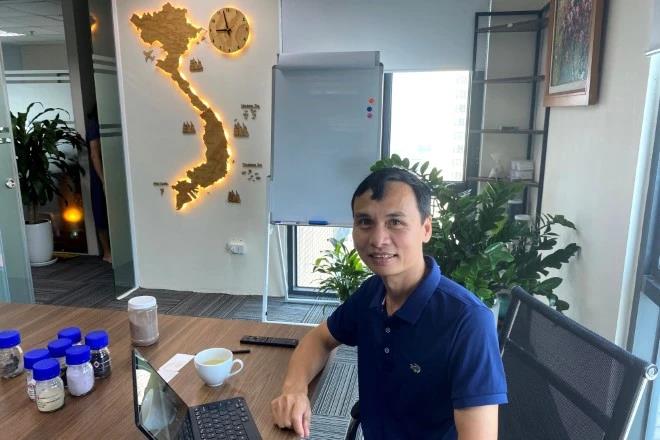
Luu Anh Tuan stands charged with corruption. Image: Facebook
VTRE also planned for a pilot project to build a metalization factory – a downstream step following raw ore processing – with South Korean firm Setopia, which notably has no prior experience in the sector.
Tuan is accused of forging value-added tax receipts in trading rare earths with Thai Duong Group, which operates a rare earth mine in the northern province of Yen Bai, the Ministry of Public Security disclosed .
The month before the charges were leveled, VTRE had partnered with Australian mining companies Australian Strategic Materials (ASM) and Blackstone Minerals LTD to bid on Vietnam's largest rare earth mine, Dong Pao, in Lai Chau Province.
Neither of the Australian companies has been implicated in the scandal.
Doan Van Huan, Thai Duong Group's chairman, was also arrested on charges of making US$25.80 million from illegal sales of ores extracted from the Yen Bai mine.
The official government statement failed to specify the exact reasons behind the illegal nature of the sales.
However, according to an individual familiar with the matter who spoke to Reuters , the raw ores were sent to China as the costs of refining them domestically were deemed unprofitable. Under current Vietnamese regulations, the export of raw ores is highly restricted to promote greater domestic refining.
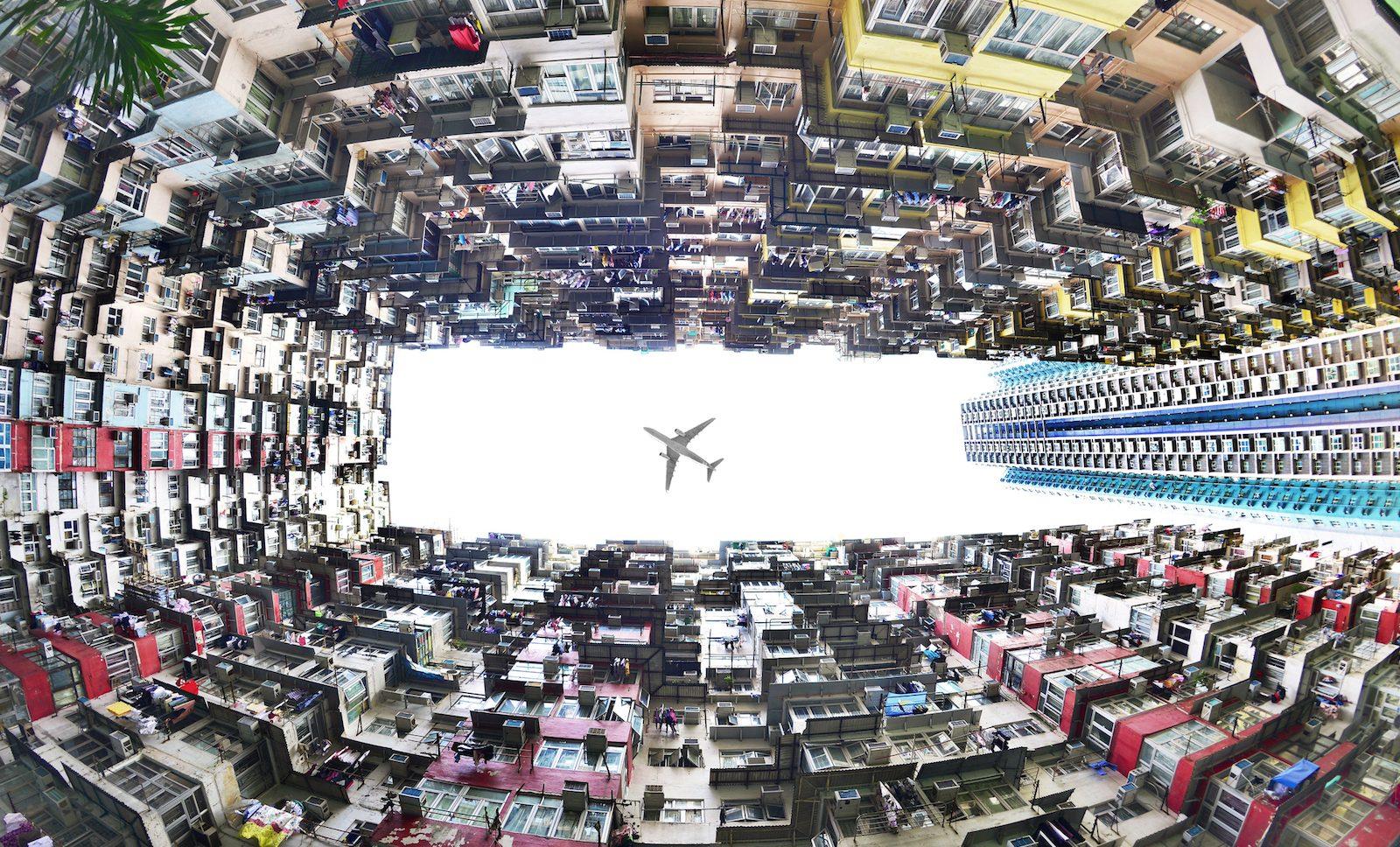
Sign up for one of our free newsletters
- The Daily ReportStart your day right with Asia Times' top stories AT Weekly ReportA weekly roundup of Asia Times' most-read stories
Neither ASM nor Blackstone Minerals immediately responded to Asia Times' inquiries regarding whether their agreements and plans with VTRE have changed since Tuan's arrest. Setopia did not respond to a request for comment on the current status of its dealings with VTRE.
While the Dong Pao mine crackdown winds down, China Rare Earth Group Co Ltd, a state-owned rare earth manufacturing giant, is making its own advances to invest in Vietnam .
“If Vietnam wants to attract more foreign investment in both mining and processing, it would be wise to keep the Chinese at bay,” said Abuza.
If Chinese firms move in on Vietnam's sector, they will ultimately end up sending everything back to China for processing, he asserted.
“The whole incentive for foreign investment in that sector is in order to break China's near-monopoly. Vietnam's advantage in so many things is selling itself as a supply chain diversification from China,” Abuza said.
Some Chinese pundits have acknowledged a rare earth extraction strategy without technology transfer that leverages the Kunming-Haiphong railway project. The railway, which passes through Vietnam's rare earths heartland, could be used for convenient transshipment of raw rare earth ores, they suggest.
Significantly, China imposed an export ban on its rare earth processing technologies earlier this year.
Lange, for one, has suggested that Vietnam could respond with a“resource nationalism” approach similar to Indonesia, which has banned the export of raw nickel to lure more foreign investment in processing.
However, uncertainties surrounding Vietnam's rare earth industry mean that foreigners will likely stay on the sidelines until the picture is clearer.
“I know of one US and several Australian firms with the technology and interest but I think many companies are spooked by the Wild West nature of the sector in Vietnam right now,” said Abuza.
“Simply, there is no one to partner with. The two biggest players, VTRE and Thai Duong Group, are both mired in corruption investigations,” the academic said.
Thank you for registering!
An account was already registered with this email. Please check your inbox for an authentication link.

Legal Disclaimer:
MENAFN provides the information “as is” without warranty of any kind. We do not accept any responsibility or liability for the accuracy, content, images, videos, licenses, completeness, legality, or reliability of the information contained in this article. If you have any complaints or copyright issues related to this article, kindly contact the provider above.
Most popular stories
Market Research

- Manuka Honey Market Report 2024, Industry Growth, Size, Share, Top Compan...
- Modular Kitchen Market 2024, Industry Growth, Share, Size, Key Players An...
- Acrylamide Production Cost Analysis Report: A Comprehensive Assessment Of...
- Fish Sauce Market 2024, Industry Trends, Growth, Demand And Analysis Repo...
- Australia Foreign Exchange Market Size, Growth, Industry Demand And Forec...
- Cold Pressed Oil Market Trends 2024, Leading Companies Share, Size And Fo...
- Pasta Sauce Market 2024, Industry Growth, Share, Size, Key Players Analys...


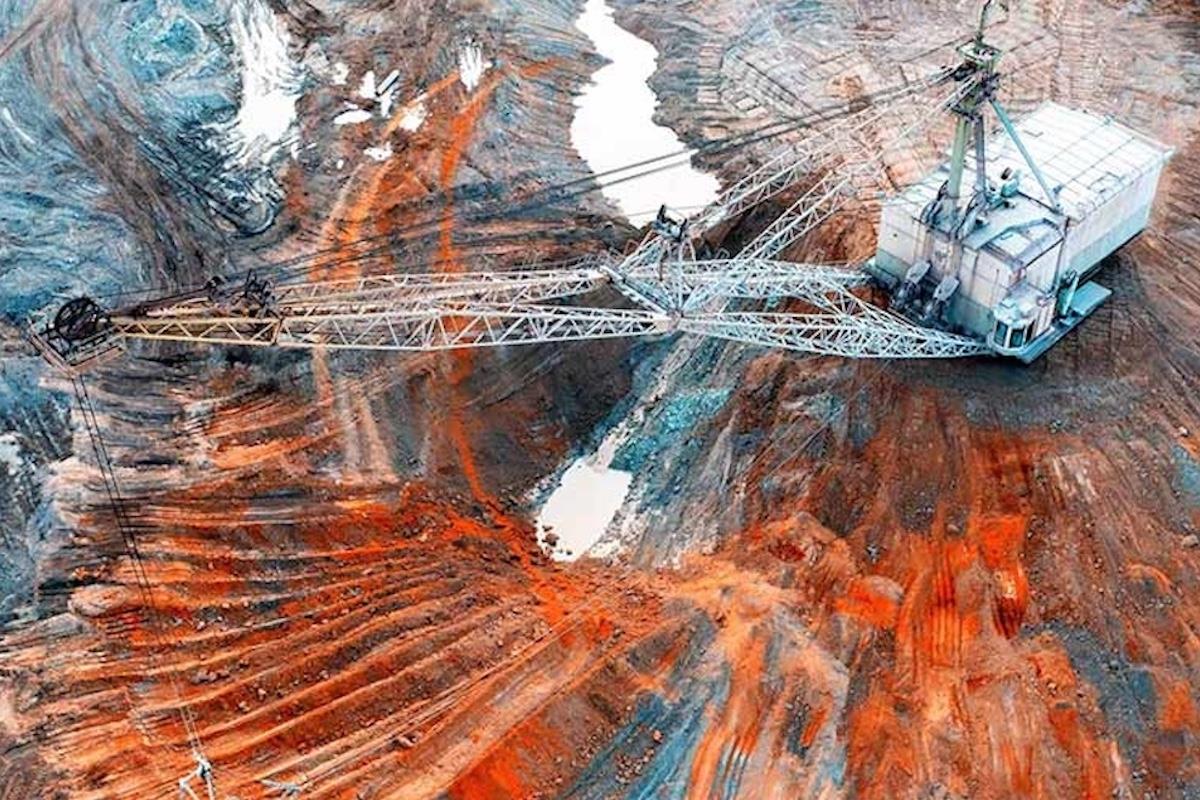


















Comments
No comment